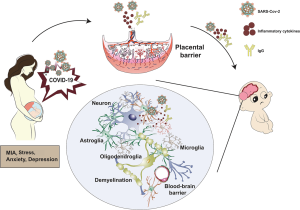
It is “a catastrophic decision that will cost lives,” experts write in today’s issue of The BMJ, to propose that the UK government combine England’s long-term plan for cancer with another strategy covering all major conditions, including cardiovascular disease, chronic respiratory disease, dementia, mental health conditions, and musculoskeletal disorders.
The decision, according to Dr. Ajay Aggarwal of the London School of Hygiene & Tropical Medicine and Professor Richard Sullivan of the Institute of Cancer Policy at King’s College London, “jettisons decades of global consensus that, to deliver affordable, equitable, and high-quality cancer care, dedicated cancer plans are required.”
Cancer is the single largest cause of death in the UK and one of the most serious healthcare burdens for societies. Delivering effective and equitable care requires the coordination of an extensive array of interlocking cancer specific pathways, they write.
The English NHS, for example, has 60 radiation therapy centers, 50 prostate cancer surgery centers, 163 bowel cancer centers, and 176 chemotherapy units, not including the specialized diagnostics that are only available at selected hospitals.
The strategic direction and coordination of all these services requires both a cancer specific plan and an array of operational tools to deal with issues of centralization and variation in practice to avoid inequalities in access and outcomes, they explain. Cancer is also extremely costly for health systems, patients, and wider society.
They argue that the current plan to subsume England’s long term plan for cancer into a generic chronic disease strategy “is totally inconsistent with internationally accepted benchmarks set by the World Health Organization and followed by all other member states.”






